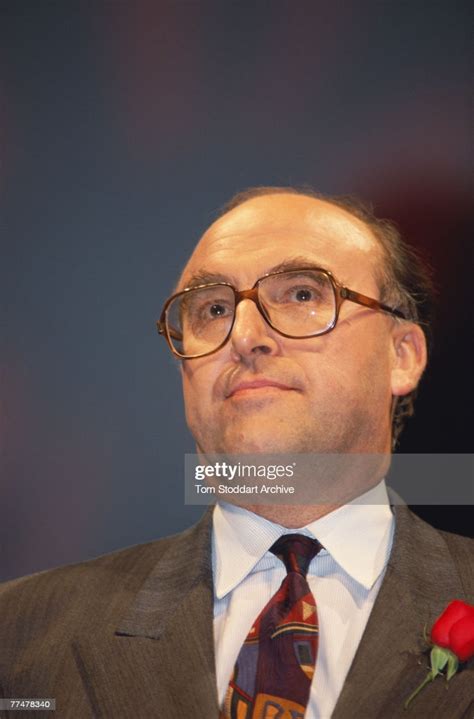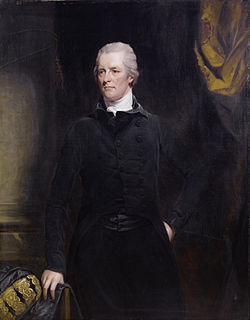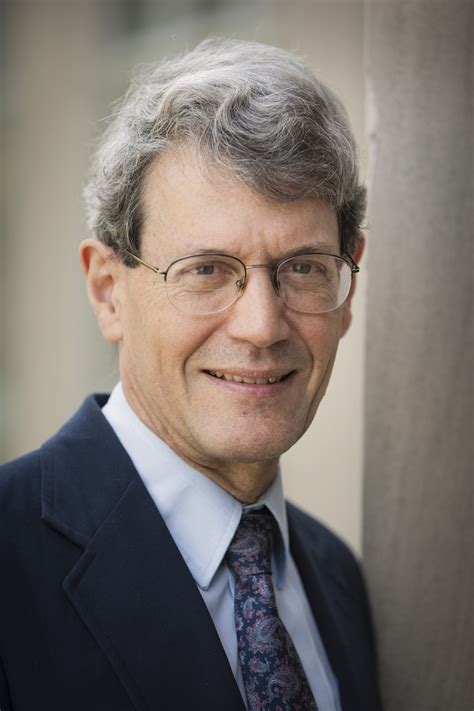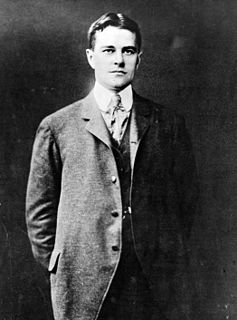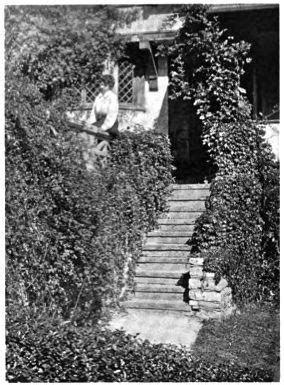A Quote by John Smith
Here every man may be master and owner of his owne labour and land...If he have nothing but his hands, he may...by industrie quickly grow rich.
Related Quotes
..every Man has a Property in his own Person. This no Body has any Right to but himself. The Labour of his Body, and the Work of his Hands, we may say, are properly his. .... The great and chief end therefore, of Mens uniting into Commonwealths, and putting themselves under Government, is the Preservation of their Property.
Criticism is a study by which men grow important and formidable at very small expense. The power of invention has been conferred by nature upon few, and the labour of learning those sciences which may, by mere labour, be obtained, is too great to be willingly endured; but every man can exert some judgment as he has upon the works of others; and he whom nature has made weak, and idleness keeps ignorant, may yet support his vanity by the name of critic.
It is a proverbial expression that every man is the maker of his own fortune, and we usually regard it as implying that every man by his folly or wisdom prepares good or evil for himself. But we may view it in another light, namely, that we may so accommodate ourselves to the dispositions of Providence as to be happy in our lot, whatever may be its privations.
It is far. But there is no journey upon this earth that a man may not make if he sets his heart to it. There is nothing, Umbopa, that he cannot do, there are no mountains he may not climb, there are no deserts he cannot cross; save a mountain and a a desert of which you are spared the knowledge, if love leads him and he holds his life in his hand counting it as nothing, ready to keep it or to lose it as Providence may order.
If Montaigne is a man in the prime of life sitting in his study on a warm morning and putting down the sum of his experience in his rich, sinewy prose, then Pascal is that same man lying awake in the small hours of the night when death seems very close and every thought is heightened by the apprehension that it may be his last.
A man may have lived all of his life in the gray, and the land and trees of him dark and somber. The events, the important ones, may have trooped by faceless and pale. And then-the glory-so that a cricket song sweetens his ears, the smell of the earth rises chanting to his nose, and dappling light under a tree blesses his eyes. Then a man pours outward, a torrent of him, and yet he is not diminished.
Communion with God as we hear his voice is rich. We receive his meanings; we submit to his authority; we grow by his power that is at work in our lives through his words; and we experience the glory of his personal presence as we hear him. These aspects go together, though we may sometimes be more conscious of one aspect.
Whatever man may stand, whatever he may do, to whatever he may apply his hand - in agriculture, in commerce, and in industry, or his mind, in the world of art, and science - he is, in whatsoever it may be, constantly standing before the face of God. He is employed in the service of his God. He has strictly to obey his God. And above all, he has to aim at the glory of his God.
Any man with money to make the purchase may become a dog's owner. But no man --spend he ever so much coin and food and tact in the effort-- may become a dog's Master without consent of the dog. Do you get the difference? And he whom a dog once unreservedly accepts as Master is forever that dog's God.
And because the condition of Man, (as hath been declared in the precedent Chapter) is a condition of Warre of every one against everyone; in which case every one is governed by his own Reason; and there is nothing he can make use of, that may not be a help unto him, in preserving his life against his enemyes; It followeth, that in such a condition, every man has a Right to every thing; even to one anothers body.
There is here, what is not in the old country. In spite of hard, unfamiliar things, there is here - hope. In the old country, a man can be no more than his father, providing he works hard. If his father was a carpenter, he may be a carpenter. He many not be a teacher or a priest. He may rise - but only to his father's state. In the old country, a man is given to the past. Here he belongs to the future. In this land, he may be what he will, if he has the good heart and the way of working honestly at the right things.
